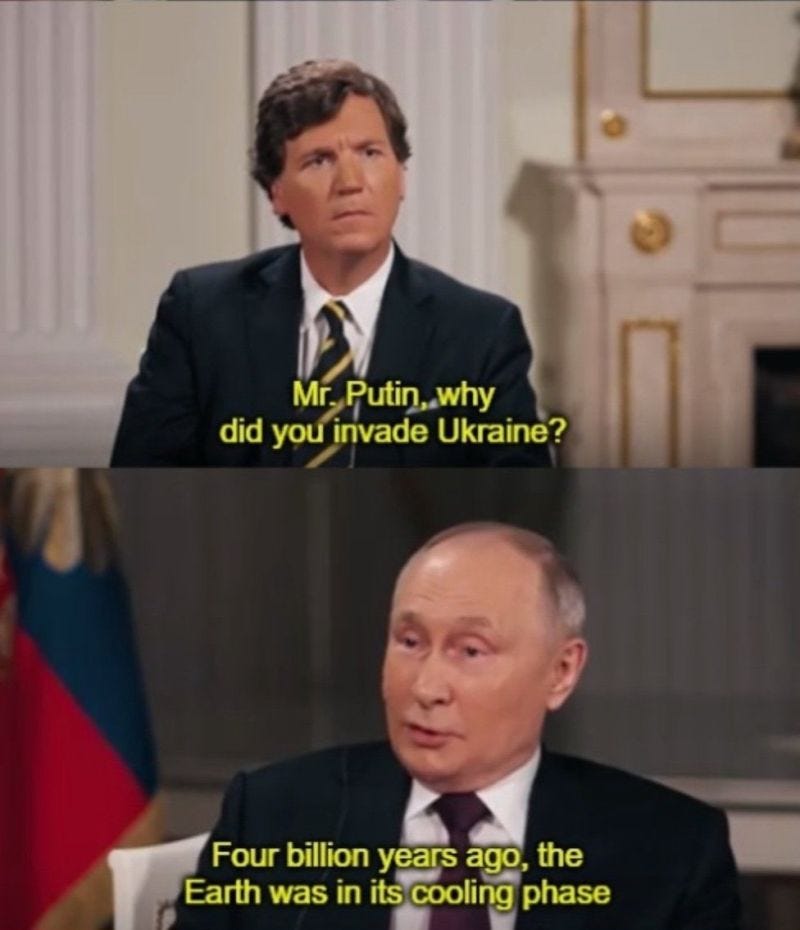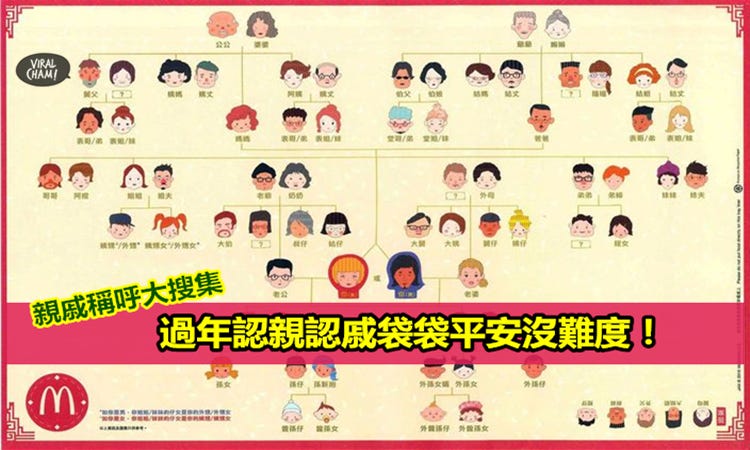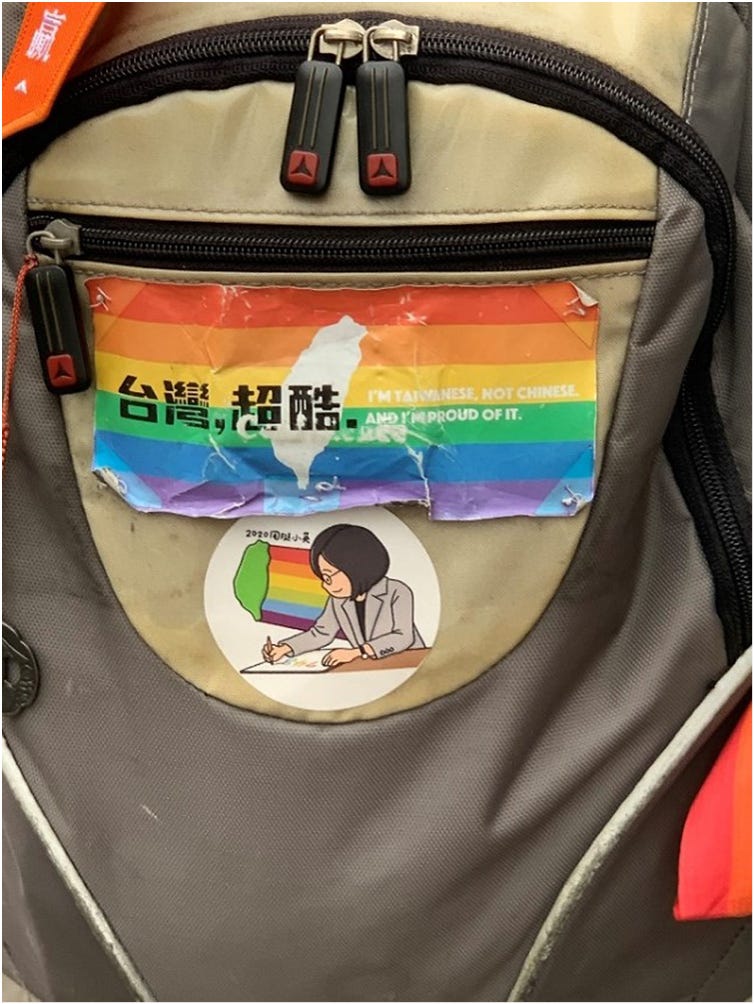Taiwan's Top-Down Sexual Revolution
The Art of Hearing "Yes" Through the Screams of Seven Million "Nos"
Pair with: Welcome To My Island (George Daniel & Charli XCX Remix) - Caroline Polachek
Did marriage equality bloom from post-Christian soil, as tradcons and third-worldists sneer?1 Putin calls Russia the guardian of a morality that the West has abandoned; and when Pope Francis allowed priests to bless same-sex couples in 2023, Andrew Tate called it “haram.” Yet Thailand legalized gay marriage this year, and Taiwan has had it since 2019. These are not revolutions that happen on the streets or in temples.
East Asia frustrates Western reactionaries, whose vision of human society spans just two or three models: the fallen West of today, the superior West of yesterday, and maybe a “based” African or Muslim fargroup. But there are secular, technocratic, and developed countries outside these tidy groupings. Any serious theory about relationships between men and women (or men and men) must reckon with them.

A review of deep history is not necessary to understand how Taiwan legalized gay marriage, because a small group of cosmopolitan judges decided for everybody.2 This was possible because the Constitution of the Republic of China, adopted in 1947 with heavy inspiration from U.S. institutions, empowers the Judicial Yuan to nullify unconstitutional laws (“judicial review”). Elites also led through childhood education.
In 2004, the legislature on the island adopted the “Gender Equality Education Act,” which mandated discussion of gender and sexual orientation in national education. In the following decade, pressure groups began forming around both sides of a gay marriage debate, as Western countries began legalizing it. Various legislative acts were proposed,3 but in the end, it was the judiciary that would force the issue.
Elite-on-elite violence
In 2017, the Judicial Yuan ruled limiting marriage to opposite-sex couples was unconstitutional. The government was given two years to pass an enforcement bill. With the ROC Constitution being among the world's hardest to amend,4 opponents instead launched a 2018 referendum campaign to compel the government to create a separate law for same-sex marriages,5 and to repeal “gender diversity” education.
Christians comprise just 5% of Taiwan's population,6 yet churches supplied most of the funding, mobilization, and organization for the anti-same-sex-marriage campaign.7 To appeal to the non-Christian majority, campaigners used generic pro-family branding,8 as well as appeals to traditional Chinese culture. For example, the cliche that “family forms the foundation of the state” appeared widely in debates.9
While major Buddhist and Daoist organizations stayed neutral, some campaign leaders appealed to yin-yang cosmology, arguing that same-sex marriage violated natural complementarity. Taiwan’s Minister of Justice appealed to the sanctity of rural folkways, claiming that a change in the law would disrupt ancestor worship rituals, like the inscription of spirit tablets after a relative’s death (which uses gendered terms).
But the most popular social media memes were more visceral than philosophical. One message, circulated by elderly people in Line and Facebook groups, predicted that Taiwan would turn into an “AIDS island” since seropositive foreigners would marry Taiwanese men to access national healthcare. Leaflets distributed in mailboxes warned that legal same-sex marriage would lead to sex with minors under 16.10
If there’s grass on the pitch, play ball
By referendum day, five gay-related questions were on the ballot. In yet another Total American Cultural Victory, both sides deployed baseball-inspired slogans to mobilize voters. The pro-equality camp rallied with “pitch a happy future with two good, three bad,” while opponents countered with “three good, two bad, strike out the gay rights movement”—each side coding which questions deserved yes or no votes.11
The three “Pro-family questions” (愛家公投) proposed by anti-gay campaigners:
Q. 10: Define marriage in the Civil Code as one man, one woman? (72.48% yes)
Q. 11: Repeal gender education in elementary and middle schools? (67.44% yes)
Q. 12: Protect gay couples other than by changing the Civil Code? (61.12% yes)
The two “Pro-equality questions” (平權公投) counter-proposed by pro-gays:
Q. 14: Protect same-sex marriage rights in the Civil Code? (67.26% no)
Q. 15: Include gender and gay issues in national education? (65.99% no)
Neither major party took an official stance on the marriage or school questions, which were half of the ten-question ballot. The ruling Democratic Progressive Party (DPP) acknowledged societal divisions while the opposition Chinese Nationalist Party (KMT) focused its resources toward questions that banned food imports from Fukushima, Japan, while also expanding nuclear power plants on Taiwan itself.12
The Judicial Yuan act was binding, regardless of the referendum result, but gay marriage remained an important symbolic issue beyond gay and Christian minorities. For “homonationalists,” the granting of LGBT rights demonstrated Taiwan's superior moral credentials relative to mainland China, much as they do in Israel relative to its Arab neighbors. Gay marriage shows commitment to stand with civilized countries.
Globohomo will pasteurize your culture
Will gay marriage lead to trans maximalism in Taiwan? In 2023, courts in Taiwan, Hong Kong, and Japan struck down mandatory sterilization for gender marker changes.13 The fight against compulsory surgery is at a much earlier stage than promoting “trans kids,” which not even Europe was enthusiastic about. Still, familiar memes—like women’s rights vs. male perversion—are already circulating in East Asia.
I don't foresee policy innovation on gender questions emerging from this region. The pattern suggests that public opinion follows court decisions, which follow international norms. In 2021, a court decision forced Taiwan to decriminalize adultery, and in two years, majority opinion shifted to agree with the decision. Majorities favor same-sex marriage in Japan and Vietnam, but elites there oppose it.
Progress on sexual liberation doesn’t bubble up from below—it percolates through international intellectual networks. Taiwan had no firewall strong enough to resist American-made pro-gay or anti-gay arguments, and local mores were steamrolled. The true battlegrounds for the future of gender policy aren’t press conferences to parliament or protest marches, but the best teacher training colleges and law schools.
For other arguments linking woke and Christianity, see Sheluyang Peng or Nathan Cofnas.
For example, a legalization bill passed a first reading in 2013, so an ecumenical group held a press conference warning that gay marriage would further decrease the already low birthrate (1.265), and lead to incest, adultery, group sex, and ultimately civilization’s collapse.
The ROC Constitution requires a 3/4 supermajority in the Legislative Yuan followed by a referendum with at least 50% voter turnout and majority approval to amend.
Amending the Civil Code would have granted homosexual and heterosexual marriages equal legal status. The separate law instead limited same-sex couples' rights regarding joint adoption and binational marriage recognition.
Christians hold outsized influence in Taiwan's politics, business, academia, civil society, media, and healthcare. During the campaign, they also called on their U.S. connections.
Church tithes funded campaign materials and rallies, with amounts hard to quantify due to religious organizations’ exemption from campaign finance reporting requirements.
The most visible group, the “Alliance for the Next Generation’s Happiness” (下一代幸福聯盟) struggled with branding, saying it was “pro-family” (愛家), not “anti-gay” (反同).
In the original Chinese: 「台灣成為愛滋島,拖垮健保」 and 「我們要何等明白這是什麼意思?多位可以看一下刑法第227條,以前是知道同性戀其中一項主張是廢除刑法227條,對14歲到16歲的女童,這一條一旦除罪化,形同為變意願除酌,小孩子是國家未來的寶,那麼父母怎麼這樣?間性的間題很多,不一樣出來,相信大家可以想像的到。」
「兩好三壞投出幸福未來」vs.「三好兩壞、三振同運」. The Chinese term “三振” (strikeout) literally contains “three,” making the wordplay more elegant in the original language.
This article elaborates a bit on how “efforts to map Taiwan’s debate around sexuality resist simple categorizations of Left and Right, pan-green [pro-DPP] and pan-blue [pro-KMT]”.
I repeat “sterilization” for brevity, though it’s a hysterical framing. The tension is setting a clear standard for being “serious about transitioning” between self-ID and full genitoplasty.





The way that Taiwanese nationalism inverts the usual script, and intersects with progressive rather than conservative causes, is so interesting to me. I recall seeing a stat that women in Taiwan are far more likely to identify with nationalism than men, which stands in contrast to our usual image of nationalists as uncivilized loudmouths.
Of course it's understandable, since in this context it's oppositional to CCP saber-rattling and general backwardness. But it would be like if there was a liberal democracy where the rural poor are more woke than city-dwellers. Kind of amusing to picture.
Great article man!
“East Asia frustrates Western reactionaries, whose vision of human society spans just two or three models: the fallen West of today, the superior West of yesterday, and maybe a “based” African or Muslim fargroup. But there are secular, technocratic, and developed countries outside these tidy groupings. Any serious theory about relationships between men and women (or men and men) must reckon with them.”
Very interesting paragraph